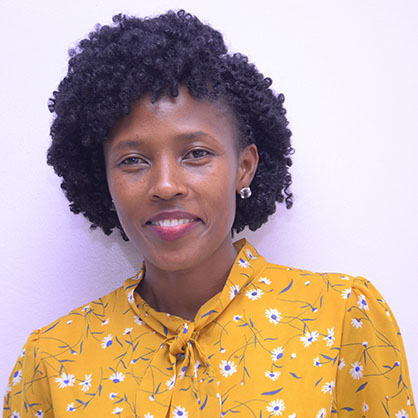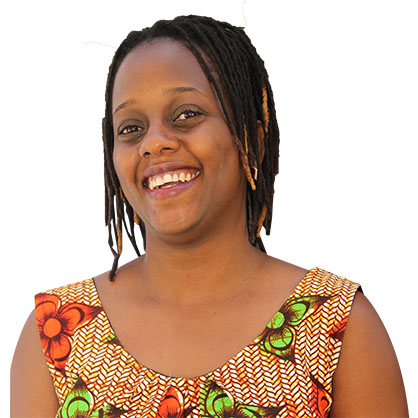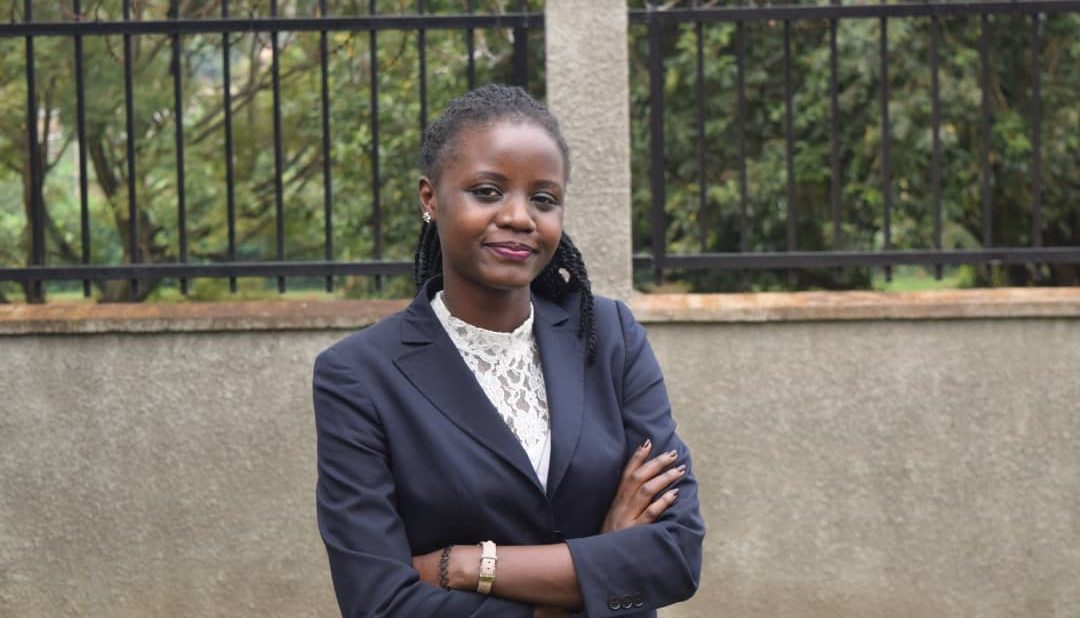CEHURD today shines the light on Tuberculosis (TB) as we commemorate the World Tuberculosis day under the theme “The clock is ticking”. This is a call to action towards commitments made by government to end TB especially in the face of the ongoing COVID 19 pandemic which puts these efforts at a risk. The World TB day is commemorated to raise public awareness about the devastating health, social and economic consequences of TB and to call on government to step up efforts to end the global TB epidemic. According to the World Health Organization (WHO), TB remains one of the deadliest infectious killer diseases and each day nearly 4,000 people lose their lives to TB and close to 28,000 people fall ill with this preventable and curable disease. A total of 1,400,000 people in the world died of TB in 2019 alone.
These glaring statistic do not get any better at home as Uganda is one of the 30 WHO designated countries with a high burden of TB and HIV. In 2019 the estimated incidence was 200 per 100,000 people with a mortality rate of 35 people per 100,000. It is indeed worrying that the cases of TB have even gone up given the little attention to the disease. According to WHO reports, in 2019 Uganda had 65,897 cases of TB notified which is an increase from 57,756 cases notified in 2018. There have also been reports of high drug resistance which poses a real challenge to the efforts towards controlling the infection. 87% drug resistance was reported in 2019 alone and this calls for more efforts towards research and investment for new medicines. There is however a lurking risk of patents on new medicines which may make these medicines expensive and thereby becoming a barrier to access for many TB patients.
It should be noted that most TB patients in Africa suffer catastrophic treatment costs making access to quality TB treatment impossible despite the disease being curable. In Uganda it is reported that 53% of TB patients suffer catastrophic costs of treatment as indicated in the WHO factsheets on the TB situation in Uganda. Although government has made some efforts toward the control and management of TB through commitments made under the National Tuberculosis and Leprosy Control Program 2016-2020 which aligns with the WHO End TB strategy, more is needed to ensure equitable access to quality treatment for TB patients.
It is disheartening to see that Uganda’s TB financing indicates very little of Government’s political will to end TB as committed under the Control Program and WHO End TB strategy. In 2019 the national budget for TB control and management was USD 37,000, 0000 of which government only contributed 5% while 56% of the financing was by international partners and 39% of the budget was unfunded. The second health sector development plan 2015/2016-2019/2020 is designed to support government’s commitment to achieving Sustainable Development Goals which among others seeks to “Achieve universal health coverage including financial risk protection, access to quality essential health care services and access to safe , effective quality and affordable essential medicine and vaccination for all by 2030”.
This is to therefore call upon government on this world TB day to fulfil its commitment towards the END TB strategy by;
- Increasing domestic funding towards TB management and control to ensure equitable access to TB quality treatment
- Investing in research and development for new and effective medicines to find lasting solutions to drug resistance
- To utilize the flexibilities in the Trade Related Aspects of Intellectual Property Rights to ensure that Intellectual Property Rights do not pose barriers to accessing the new and more effective medicines





